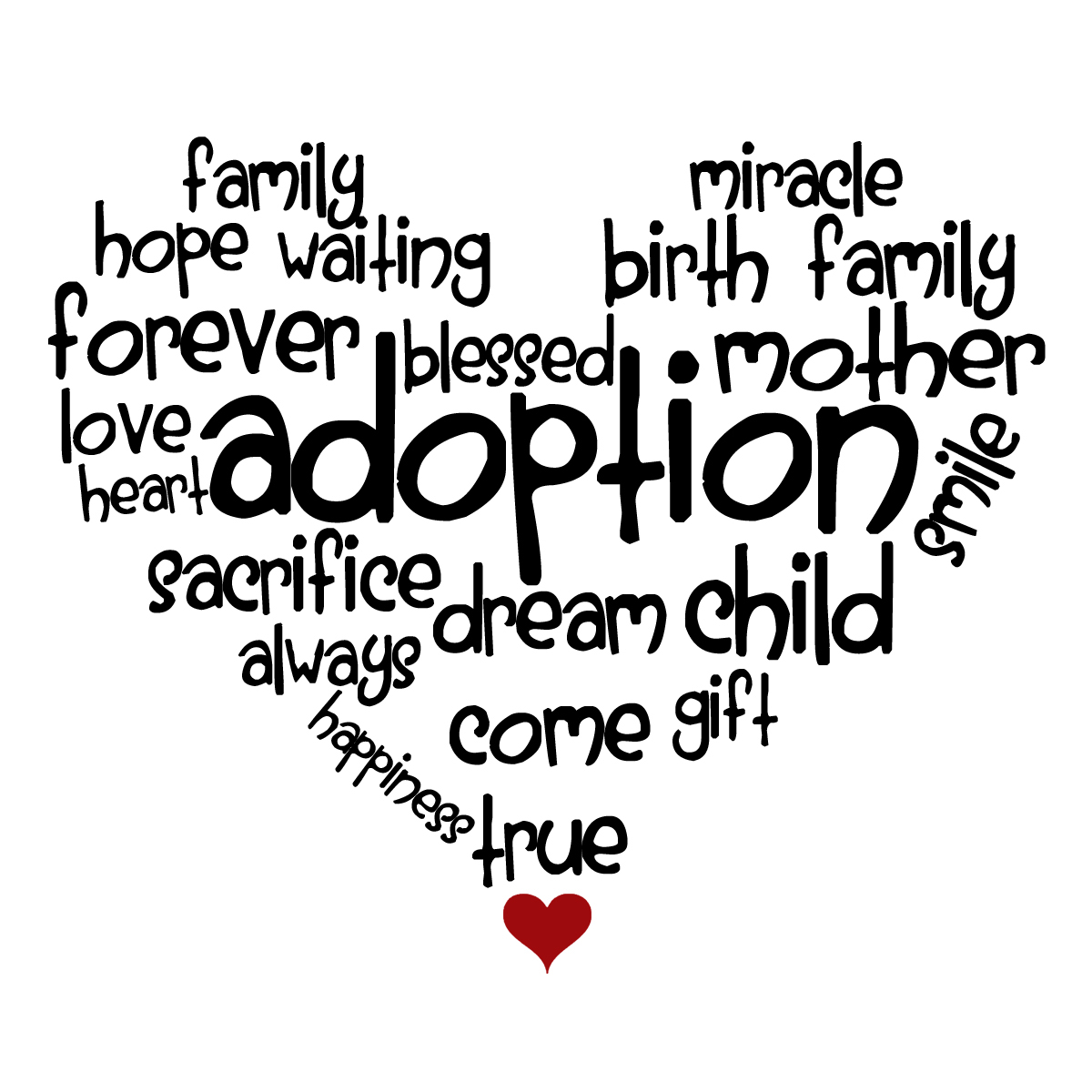Did you or someone in your family adopt a child in 2022? The new parents may be able to benefit from a precious tax break on the 2022 return they will be filing by April 18. Specifically, taxpayers can claim the adoption credit whether or not they itemize deductions, subject to a phase-out based on modified adjusted gross income (MAGI).
What’s more, the phase-out features a higher income range than most other phase-out provisions in the tax law. So there’s a good chance chance you can fully or at least partially enjoy this tax break for bringing a child into your family.
Basic facts: For starters, the adoption credit is indexed annually by the IRS. Due to the rising inflation of late, the figures have jumped dramatically.
For the 2022 tax year, the maximum adoption credit equals $14,890 of the qualified expenses incurred to adopt an eligible child (increasing to $15,950 in 2023). An “eligible child” is one who is under age 18 or physically or mentally incapable of self-care. If you adopt a special needs child, you can claim the maximum credit even if your expenses are less.
The credit begins to phase out for taxpayers with a MAGI above $223,410 in 2022 (increasing to $239,230 in 2023). No credit is available after MAGI reaches $264,410 (increasing to $279,230 in 2023). In other words, there is a larger-than-usual phase out range of $40,000 for this credit.
The credit covers most costs directly related to the adoption, including the following:
- Reasonable and necessary adoption fees;
- Court costs and attorney fees;
- Traveling expenses (including amounts spent for meals and lodging while away from home); and
- Other expenses that are directly related to and for the principal purpose of the legal adoption of an eligible child.
On the other hand, certain expenses aren’t eligible for the credit, such as illegal fees, surrogate parenting fees or amounts reimbursed by a government entity or your employer.
Note that the adoption credit is generally available in the year that qualified expenses are paid or incurred. However, if the adoption isn’t finalized by the end of the year, the credit can’t be claimed until the following year. In that succeeding year, you can claim the credit for previously-incurred expenses, even if the adoption isn’t finalized that year.
Caution: The credit can’t be claimed for a foreign child until the year in which adoption is final. This supersedes the previously stated rules.
Final words: Be aware that the adoption credit is not refundable. So it can’t provide a refund. Nevertheless, this is a valuable tax break for many parents on their ’22 returns. Contact your professional tax advisor if you have any questions.
Thanks for reading CPA Practice Advisor!
Subscribe Already registered? Log In
Need more information? Read the FAQs
Tags: Income Taxes, IRS, Taxes





